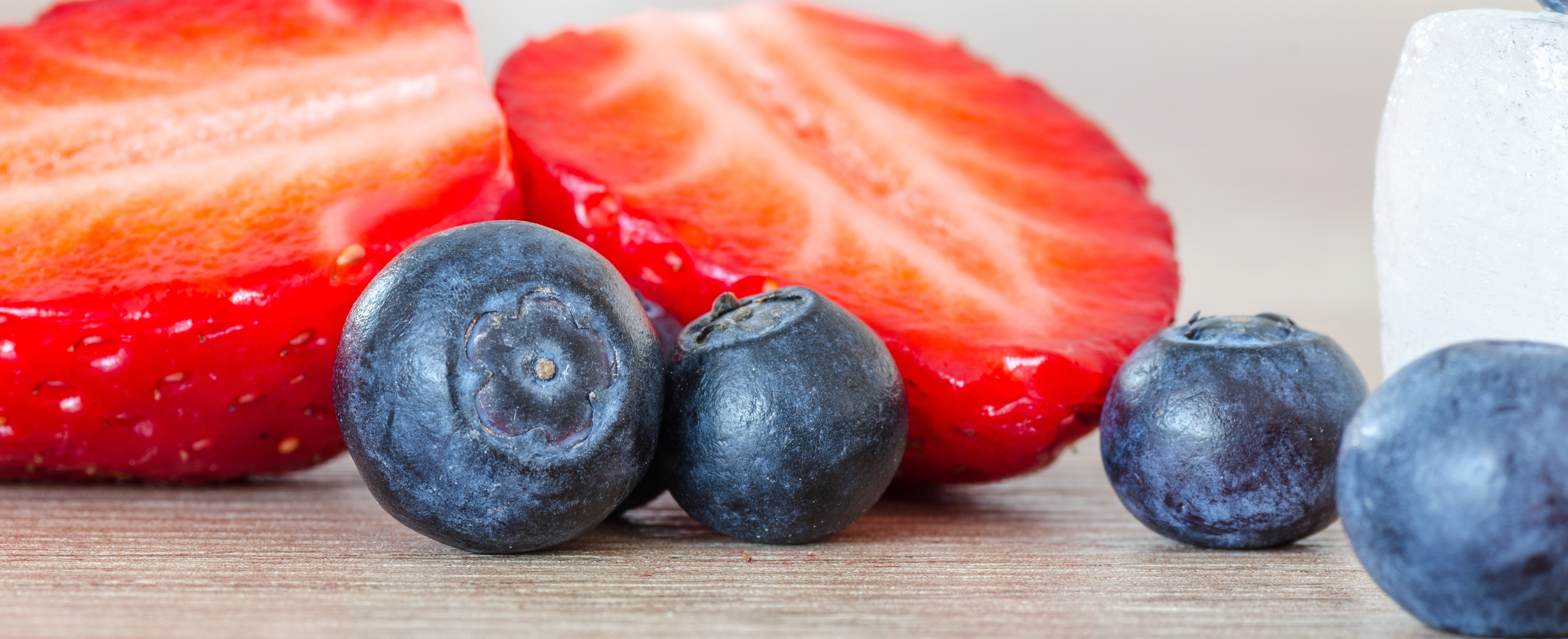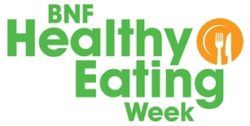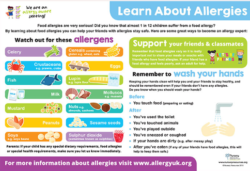
Why Children Need A Healthy, Balanced Diet
June 6, 2018 10:11 amBNF Healthy Eating Week 11-15 June 2018
With Healthy Eating Week fast approaching, now is the perfect time to remind ourselves of the importance of healthy eating and how you can support this.
A healthy and balanced diet is important for all children, but even more so in a child’s early years as it sets up eating habits for when they are older. Children need good diets in their early years as this gives their bodies a chance to properly grow; children need carbohydrates for their energy and protein for their muscle growth and to strengthen their immune systems.

Did you know?
A recent survey carried out in the Leeds area found that around a quarter of British children under the age of 5 are overweight or obese. Worryingly, this means 1 in 4 children are already overweight before starting school!
It is recommended that we all (including children) eat at least 5 portions of fruit and vegetables every day. However, according to the NHS, most children are actually only getting around 3 portions, and many children will be having less than that. This is why it is really important for us to help and encourage all children in early years to eat healthily and to ensure they are getting their 5 a day!
What kinds of food should we all be eating to be healthy and why?
- Fruit and vegetables are vital as they are packed full of vitamins, minerals and dietary fibre. They should form a part of everybody’s daily balanced diet routine. Eating these have many health benefits including preventing the risk of obesity and enhancing energy levels. There are lots of different coloured fruit and vegetables and they all have different health benefits, nutritionists recommend having a variety in your diet so it is best to encourage children to try as many as you can.
- Carbohydrates are necessary for children’s diets as they provide fuel for energy levels, allowing children to keep active (and any extra energy is stored in the body until it is needed). Lack of carbohydrates in the diet can result in tiredness, poor mental capability and lack of endurance. They also benefit the brain, heart, digestive and immune systems. Some good sources of carbohydrates include wholemeal bread, potatoes and bananas. Tip: stick to the right carbohydrates and avoid processed foods or adding extra sugars to the food you serve.
- Protein – known as the building blocks of the body, protein is key for muscle and organ development and helps to build the immune system, meaning you are more able to fight off infections, illnesses and diseases. The best sources are red meats, fish, eggs, nuts and dairy products such as milk, cheese and yoghurts.
Advice for those choosy children during Healthy Eating Week
It is extremely common for preschoolers to become fussy with their food or uninterested, they would rather be playing or occupying themselves away from the dinner table. Understandably, the easy option is to let them eat what they choose because it may seem that anything is better than nothing. However, this can lead to a downward spiral later on, with children liking less and less and not being interested in trying any new foods.
Remember to:
-Respect children with small appetites; forcing or bribing children to eat all of their meals may only enhance anxiety and they can then become aggravated. This can then result in a child associating meal times with stress and choosing not to recognise if they are feeling hungry. The best thing to do is serve little portions as this will avoid overwhelming a child and will also give them the chance to ask for more.
-Be patient with introducing new foods and make it fun. One of the best ways to introduce new healthy foods is to employ the ‘little and often’ technique. Try putting them alongside a child’s favourite food, and ask questions about how it looks, smells and feels rather than how it tastes as this encourages interest. Try to not give in quickly and be persistent.
Also, a popular idea in some settings is to utilise muffin trays for lunches; the idea of this is to fill each section of the tray with something different from each of the food groups such as vegetables, meat and fruit and let a child pick at the snacks included. For example, you can include carrot sticks, crackers, orange segments, biscuits etc. It is reported to work well as it is very flexible and you can include healthy snacks alongside some favourites. It’s also a great opportunity for introducing new foods.
#HealthyEatingWeek
Healthy Eating Week is running from 11 – 15 June 2018. Why not register your setting and get involved? You can find full details about this week by clicking here. You can register, find helpful resources and see how this week-long celebration can benefit you and your children.
And remember that healthy eating and drinking should be something encouraged all year round, especially in early years to ensure children are given the healthiest kick start in life. Healthy Eating Week is the perfect opportunity to start this change.
Food allergies and intolerances will need to be taken into consideration, here are some resources you may find useful:
Allergy Awareness Poster – Based on principles from the Food Standard Agency, this allergy awareness poster helps you to promote food safety and hygiene awareness to the children within your setting
Safer Food, Better Business for Caterers – The booklet complies with the law regarding food safety and hygiene regulations; for example, it explains that you must be able to show what you do to provide and store food that is safe for children, and how this must be recorded.
Tags: Early Years, early years foundation stage, early years healthy eating, eyfs, eyfs article, healthy eating

